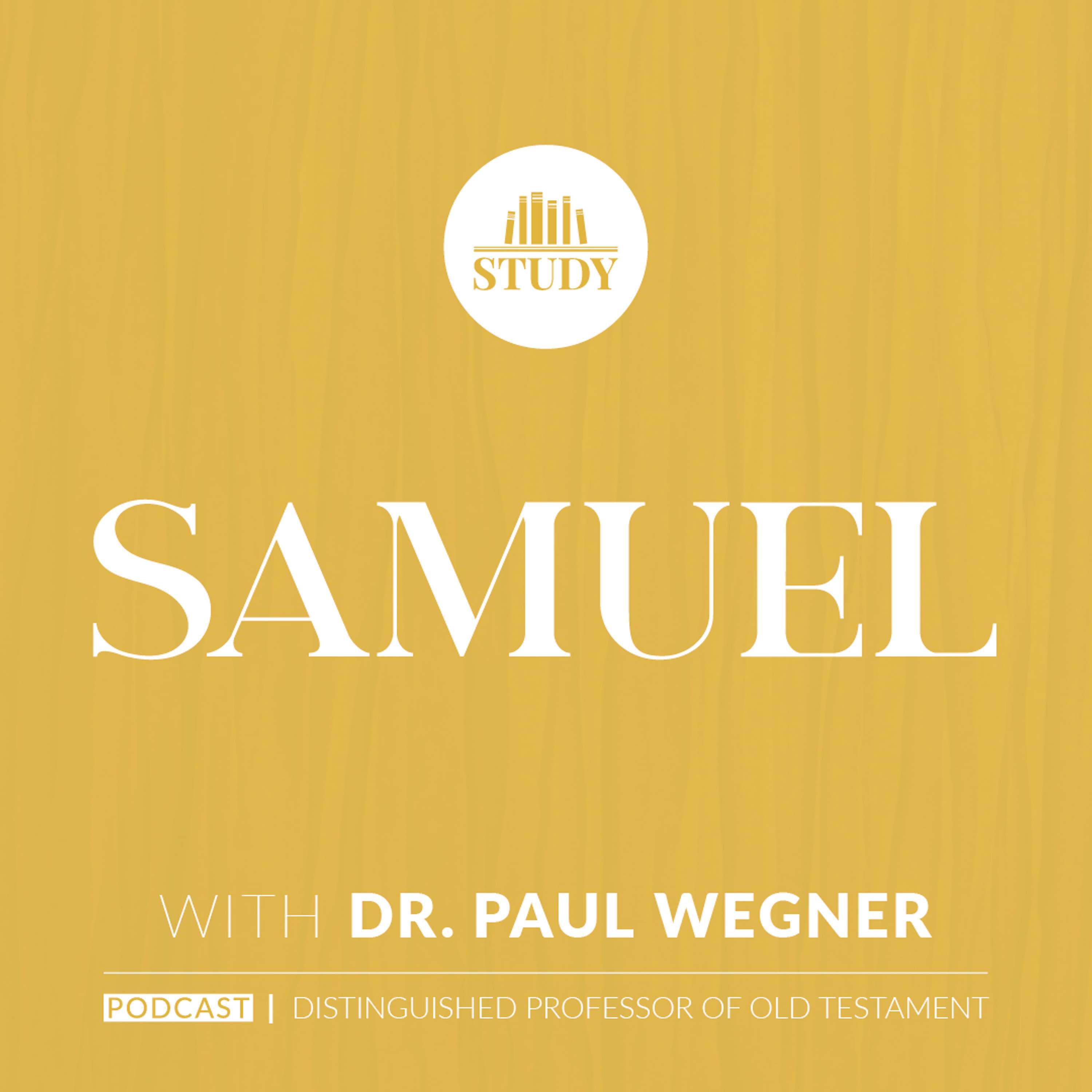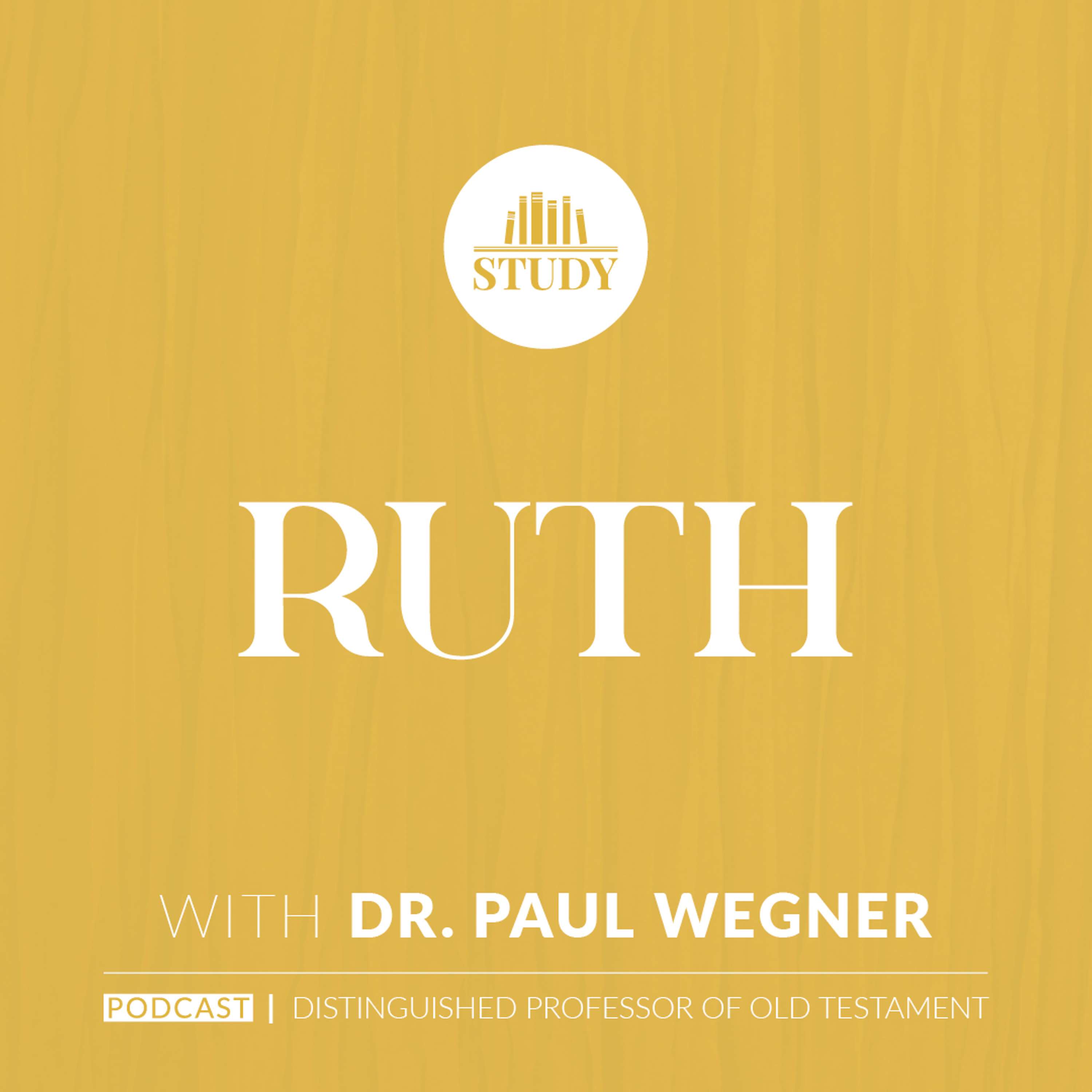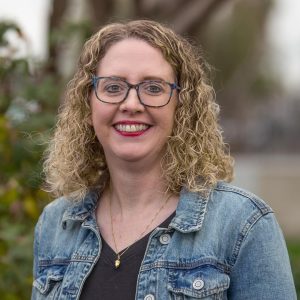Most churches use a wide range of volunteers to teach children. A few have a lot of training and experience; most have little or no training or experience. Some have been in the church for a long time; others have been in the church less than a year. Because of this wide range of experience in teachers, churches benefit from investing in biblically solid, user-friendly curriculum and training teachers in how to use it. The benefits are many.
- Teachers have confidence they are teaching according to the Bible.
- Teachers are exposed to varied teaching methods.
- Teachers teach systematically, covering many important topics rather than merely teaching their favorite topics over and over again.
- Teachers benefit from the insights of those who have studied the Bible and can speak not only from their own study, but also from the studies of others.
- Teachers have lessons appropriate for the developmental age of the children they are teaching.
Therefore, it is important to spend time thinking through your choice of curriculum. Here are some essential components of a great curriculum:
- The curriculum must be Bible-based.
- The curriculum must use a variety of teaching methods, not just lecture.
- The curriculum must have a scope and sequence, covering a range of topics over a period of time.
- The curriculum must offer some leader insights that will help you as you prepare to teach.
- The curriculum must be developmentally appropriate. Babies learn differently than pre-teens.
There is no perfect curriculum, so pick one that covers the most important things you need then adapt it to your setting. As a teacher, I will always stick to the Bible passage and memory verse, but will often vary the activities to fit the needs of the children I am teaching.
As I travel the country and speak to people in different churches, I can tell the churches who value small group Bible study. Teaching the Bible makes a difference in how people live, believe, and act out their faith. Being in a small group allows children and adults to ask questions and have some accountability in their faith. Small group Bible study and the curriculum it uses matters.
Read More

Seeing the Unseen
CSBC Women’s Ministry Director Cathie Smith shares how the church can serve the marginalized in its community.

Excerpt — The Complete Works of Andrew Fuller Volume 10: Apologetic Works
In Dr. Chris Chun’s newest publication, he provides commentary for The Complete Works of Andrew Fuller Volume 10: Apologetic Works.
Listen
Historical Books | Samuel Part 1
Dr. Wegner begins this multi-episode coverage of 1 and 2 Samuel by telling us the story of Samuel’s conception, his life as a prophet and the last judge of Israel, and the transition to the kingdom of Israel.

Historical Books | Ruth
Want to find out how to be the best in-law in history? Unfortunately, we don’t have a podcast for that HOWEVER in this episode of The Study Podcast, Dr. Wegner covers the book of Ruth and the many wonderful examples of “hesed” or “loving-kindness” on display from beli

Watch

Jonathan Edwards and the Asbury Revival
Chris Chun and Chris Woznicki discuss the signs of true revival, signs of the work of the Holy Spirit, and why it is important to critically assess the characteristics of revival in a spirit of charity.

Jonathan Edwards and the Baptists | Douglas Sweeney, Nathan Finn and Chris Chun
Dr. Douglas Sweeney and Dr. Nathan Finn joined Dr. Chris Chun for a panel discussion on Jonathan Edwards, recorded live at the SBC Annual Meeting in Anaheim.



